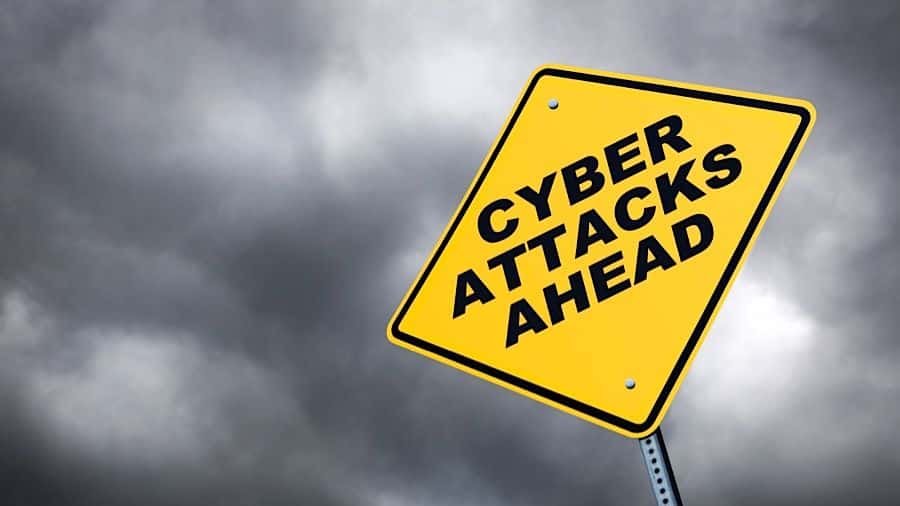

For modern businesses, cyberattacks are essentially a daily occurrence, with an increasing number of organizations reporting facing such crises on an almost daily basis.
That's according to a new report from Dell that surveyed 1,000 IT decision makers around the world, working in a wide range of industries from the public and private sectors, with respondents saying their companies have experienced levels of natural disasters and higher than in previous years. , leading to more data loss, more downtime, and higher recovery costs.
Of all these disasters, cyber attacks were the most significant, accounting for almost half (48%) of all recorded incidents. Furthermore, they are up from 37% just a year ago.
Less security vendors, more protection
Elsewhere, the Dell Global Data Protection Index (GDPI) 2022 report noted that nearly nine in ten (86%) businesses experienced at least one cybersecurity-related outage in the past 12 months.
Businesses that suffered data loss suffered more than €1 million (€1,06 million) in downtime costs, up from €959,000 just a year ago. Companies that were unable to access their data (rather than losing access entirely) lost around €660,000 on average.
Previously, to combat the threat, organizations contracted with various data protection providers. Now, Dell argues in the report, the tide is turning as companies realize they are more secure with fewer partners. In fact, 85% of organizations that use multiple data protection providers now “see a benefit” in reducing that number. Single-vendor businesses had 34% lower costs to recover from a cybersecurity incident.
In addition to eliminating unnecessary partners, companies are also increasingly turning to Zero Trust architecture to stay secure. The report revealed that 91% of organizations are aware of or plan to implement a Zero Trust architecture. However, only a quarter (23%) are implementing a Zero Trust model, while 12% are already fully implemented.
Zero Trust is a cybersecurity model that is changing the way companies manage security. Instead of relying solely on perimeter defenses, Zero Trust invokes a more proactive strategy that allows only known and authorized traffic through a system of caps and data pipes.